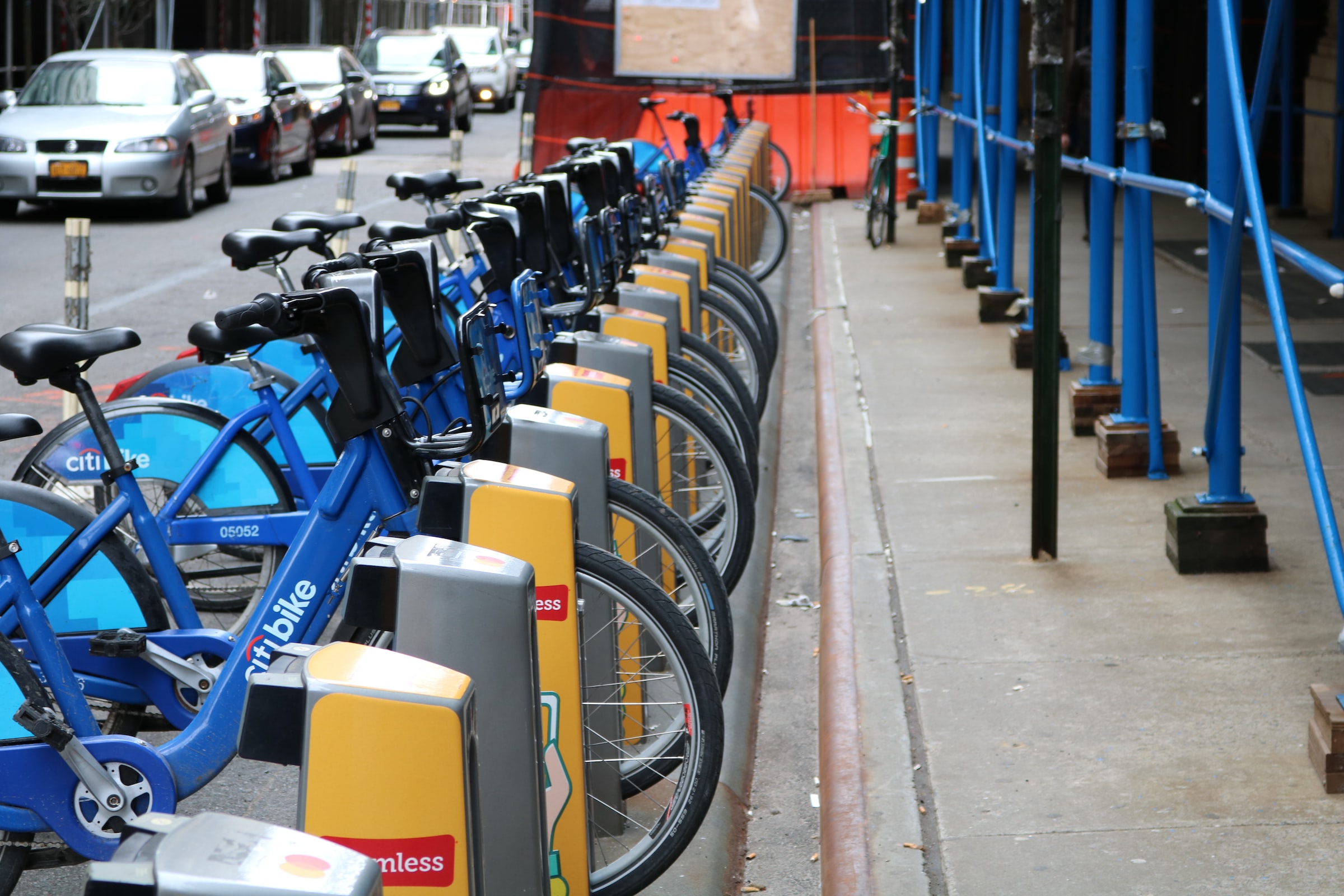


#bikes #green infrastructure #green transportation #Public Transportation
Valencia Meredith
The biking-sharing system or bike share is an urban-designed shared transportation service that allows users to rent public bicycles for commuting throughout the city. In the sustainability sphere, bike sharing is seen as an economical mode of transportation that promotes and improves wellness and contributes to carbon neutrality. The first bike-sharing service, the White Bicycle Plan, was introduced in 1965 by Luud Schimmelpennick in Amsterdam, Netherlands. It consisted of fifty white-painted bikes placed around various parts of the city that could be used free of charge. The intention of the endeavor was meant to lay the foundation for a plan to close central Amsterdam to automobiles and motorcycles to increase public transportation and save money. Though inspiring in theory, the outcome resulted in most bikes being either stolen or abandoned in canals. Today, there are more sophisticated bike systems with over 3,000 bike-share programs and 10 million shared bikes established in cities around the world (PBSC).
From the White Bicycle plan in the 1960s to now, the intention for a more economical approach to transportation still rings true, especially in BIPOC and lower-income communities. According to the site BetterBikeShare, in a study conducted by the Maryland Transportation Institute on the Chicago bike-sharing program, Divvy, research showed that during the COVID-19 pandemic, BIPOC and low-income workers were more reliant on the bike-sharing service compared to wealthier, white individuals. It was found that essential workers were more likely to be low-income Black and Latino individuals who were also less likely to have a car.
Additionally, bike sharing has aided in carbon neutrality. In another article by BetterBikeShare, a study by Cities journal was mentioned, which included data collected from 48 million rides from CitiBike that showed bike sharing saved over 13,300 tons of oil and reduced carbon emissions by over 30,000 tons in New York City. Adding public biking stations has improved biker awareness and walking infrastructure, making the roads more pedestrian- and biker- friendly.